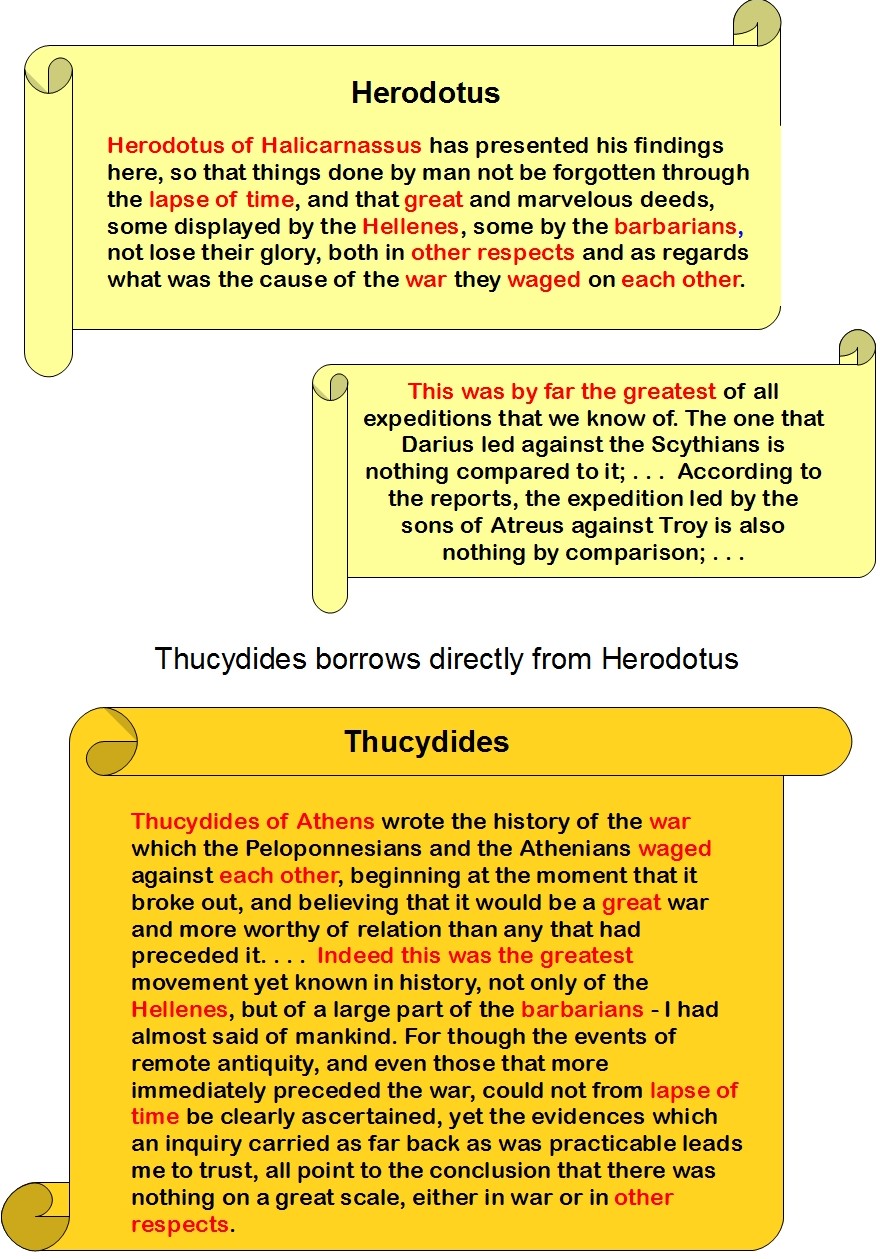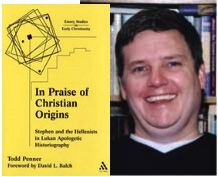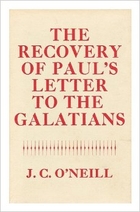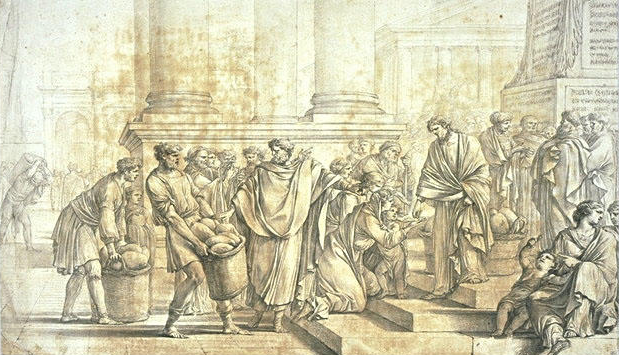–o0o–
All posts in this series are archived in the O’Neill-Fitzgerald Debate
–o0o–
Tim O’Neill (TO) rightly says of some of the evidence for the historical existence of Jesus:
 |
After all, no-one except a fundamentalist apologist would pretend that the evidence about Jesus is not ambiguous and often difficult to interpret with any certainty, and that includes the evidence for his existence. (O’Neill, 2011) |
 |
Yet curiously not a single aspect of evidence addressed by either David Fitzgerald (DF) or himself in his reviews of DF’s work has hit on anything that he finds ambiguous or difficult to interpret. In every point of disagreement TO suggests DF is nothing but a liar or a fool.
The first unambiguous retort TO makes to DF’s treatment of Josephus is the dogmatic assertion that Josephus mentions Jesus twice. No argument. No ambiguity. No uncertainty.
Josephus does mention Jesus – twice. So any Myther book or article [arguing the Christ Myth thesis] has to spill a lot of ink trying to explain these highly inconvenient mentions away.
Then again,
[T]he passage has Josephus saying things about Jesus that no Jewish non-Christian would say, such as “He was the Messiah” and “he appeared to them alive on the third day”. So, not surprisingly, Fitzgerald takes the usual Myther [Christ Myth] tack and rejects the whole passage as a later addition and rejects the idea that Josephus mentioned Jesus here at all.
Interpolation a “mythicist” argument?
This is most curious. The actual fact is that most mainstream scholars until after the Second World War generally agreed that the entire passage was an interpolation. Or if not entirely an interpolation, the fact that it had been tampered with at all rendered it useless as historical evidence. I have quoted the evidence for the prevalence of these views in my post, What they used to say about Josephus as evidence for Jesus.
Today, however, it seems that “the majority of scholars” accept the contrary view, that Josephus did indeed say something about Jesus beneath the obvious Christian overlay. Given that most New Testament scholars are ideologically predisposed to belief in Jesus, and that Josephus’s testimony is the only non-biblical evidence we have from the first century for Jesus, I would not be surprised if a majority did think this. But so what? If a significant minority still leans towards the view that the entire Josephan passages is a forgery or useless as evidence, then it hardly seems reasonable to dismiss this view as the preserve of Christ Myth supporters.
Sociological explanation for the revised view of Josephus as evidence
The evidence is essentially the same. (Although in 1971 Arabic and Syriac versions of the Testimonium were also brought to light.) What has changed are the trends in interpretation of the evidence.
One sees a possible explanation for this new trend in Alice Whealey’s 2003 book, Josephus on Jesus, and again in her article, “The Testimonium Flavianum in Syriac and Arabic” in New Testament Studies, Vol. 54, Issue 4, Oct 2008, pp. 573-590. In the latter she explains:
In fact, much of the past impetus for labeling the textus receptus Testimonium a forgery has been based on earlier scholars’ anachronistic assumptions that, as a Jew, Josephus could not have written anything favorable about Jesus. Contemporary scholars of primitive Christianity are less inclined than past scholars to assume that most first-century Jews necessarily held hostile opinions of Jesus, and they are more aware that the line between Christians and non-Christian Jews in Josephus’ day was not as firm as it would later become. (p. 575)
This says loads. It is a virtual confession that the shift in interpretation has been motivated to a significant extent as a reaction against both real and perceived strains of anti-semitism in earlier scholarship. The error here is that the personal bias and values of Josephus himself are trumped by an impulse to undo an earlier generation’s sins of negative stereotyping. The context in which the passage occurs is also bypassed. Josephus personally loathed any movement that stood in opposition to the political and religious status quo under Roman rule. Taking seriously both the personal bias of Josephus and the context in which the Testimonium Flavianum is found (it is in a list of calamities befalling the Jews in which the TF fits as comfortably as a pimple on one’s nose), even the so-called “neutral” core of that TF is problematic. Continue reading “O’Neill-Fitzgerald “Christ Myth” Debate, #10: Josephus as Evidence & the Arabic Version of the Testimonium”
Like this:
Like Loading...





 J. C. O’Neill (1930-2004)
J. C. O’Neill (1930-2004)


